Our obsession with long, luscious lashes is nothing new – in fact, it’s been fluttering on for centuries

All Credits: PA
Of all the various aspects of a person’s appearance, none punches so far above its weight as the eyelash.
Extensions, mascara, and even sinister-sounding eyelash ‘serums’ – entire shopping aisles are given over to these teeny-tiny hairs, in the hope that they might bat, curve and flutter with just the right angle and velocity.
SEE ALSO: 13 Fascinating Facts About the Human Eye
One of the current Love Island contestants is even a professional ‘eyelash technician’.
In popular culture, they’re often a byword for femininity – a little odd perhaps, given that men have naturally longer lashes. Nevertheless, consider what happens when you add long eyelashes to Mickey Mouse. You get Minnie.
We teamed up with Flawless Lashes by Loreta to comb through the history of the humble eyelash, from Roman virginity to Madonna’s diamonds…
Ancient eyelashes
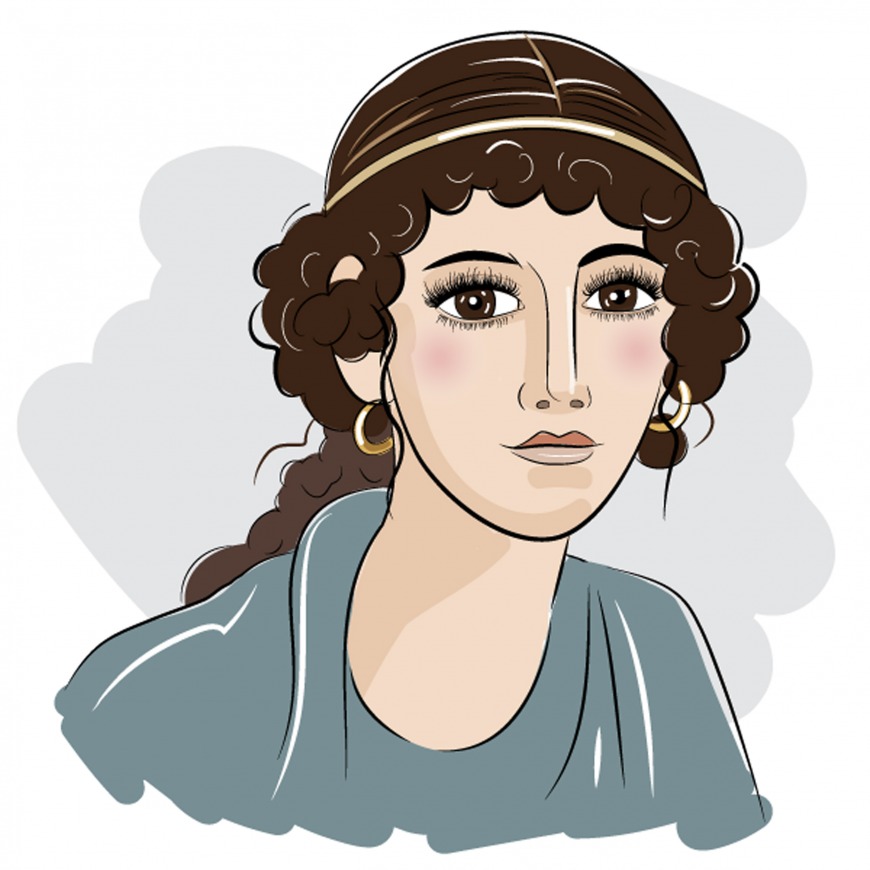
For the ancient Egyptians, eyelashes weren’t gendered – luscious lashes were a desirable trait for women and men alike. The Romans saw it differently. Centurions weren’t judged on the framing of their eyes, but lashes were a crucial feminine concern.
Pliny the Elder wrote that long and copious eyelashes were associated with virginity – supposedly because they would fall out during sex – so young maidens would carefully protect their lashes to prove their morals and their chastity.
1890s

Skipping forward to late-19th century France (lashes don’t seem to have played a particularly pivotal part in the intervening millennia), we arrive at the dawn of the false eyelash.
These early accoutrements were not for the faint-hearted, and contemporary accounts from Paris tell of women sewing human hairs onto their eyelids with needles. Glue was sometimes used as a substitute, but the lashes would then have a low tolerance for blinking and would often become dislodged at inopportune times.
It is difficult to know just how widespread these practices were, but they did make it across the Channel. An 1899 story from the Dundee Courier reported that ‘there are specialists who make a handsome living out of transplanting hair from the head to the eyebrows or eyelashes’, before outlining the correct way to thread a needle through the eyelid epidermis. Ouch.
1910s
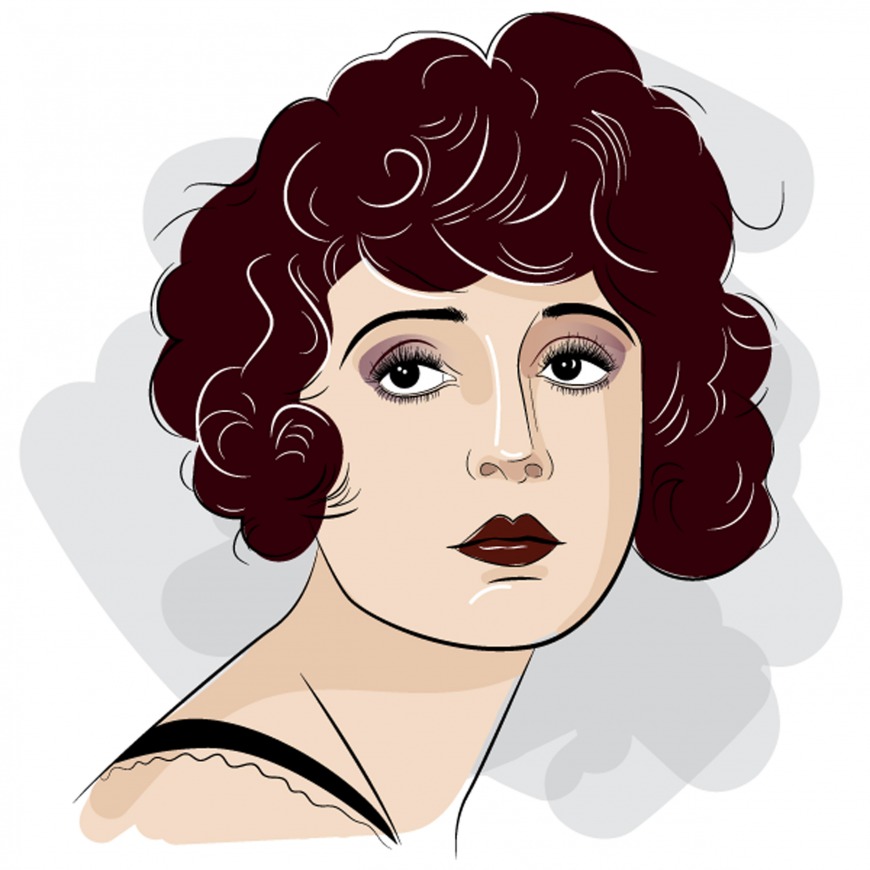
False eyelashes were patented by Canadian Anna Taylor in 1911, but they first found commercial success in the salon of New York barber Karl Nessler, who advertised his new services with a crew of chorus girls batting their lashes at customers.
In 1916, false lashes took a giant stride towards the mainstream when they were used by controversial Hollywood film director DW Griffith. Leading lady Seena Owen was playing a Babylonian princess and Griffith decided she needed to look more striking, “with eyelashes brushing her cheeks”.
Though aesthetically effective, the lashes were only marginally better than their French predecessors: According to co-star Lillian Gish, Owen arrived at the studio the next day with her eyes almost swollen shut. Fortunately, she had already shot most of her scenes.
Between the wars

By the 1920s, false eyelashes had become all the rage with actresses and fashionistas, but improved manufacturing techniques meant they were soon being made for the masses.
Not all men were immediately convinced. “When a fair young thing looks at you mistily through her long, curling lashes,” wrote a Times columnist in 1921, “do not fall for it until you investigate. [They] may not be hers except by right of purchase.”
Nevertheless, by the 1930s, fake lashes were everywhere, and a Vogue advert promised its readers lashes of “bewildering length”. New designs were already going beyond the naturalistic: Another 1930s ad showed two models posing with eyelashes beaded in gold and platinum.
1950s
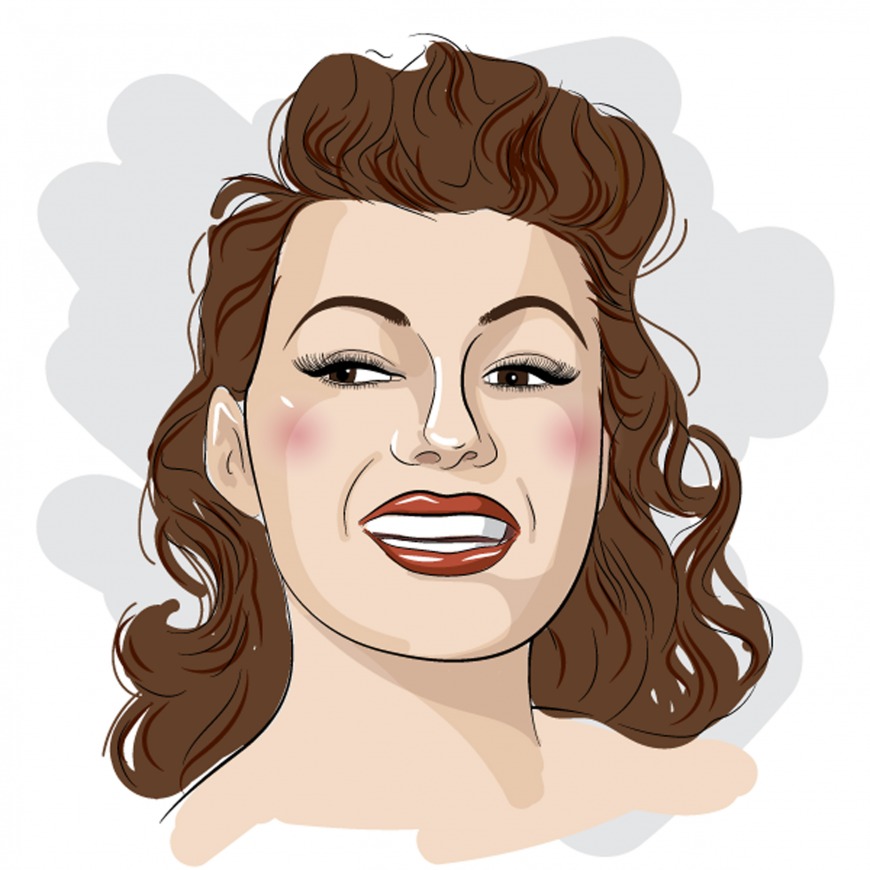
Come the 1950s, the emphasis was on emphasis. More than ever before, eyelash styles were geared towards framing and bringing out the eye – by painting the upper lash line, for example – in the mould of movie stars like Marilyn Monroe.
Mercifully, this decade also saw the introduction of plastic eyelashes, putting a stop to the weird, labour-intensive and expensive process of manufacturing lashes from fabric and real human hair.
The peak of popularity
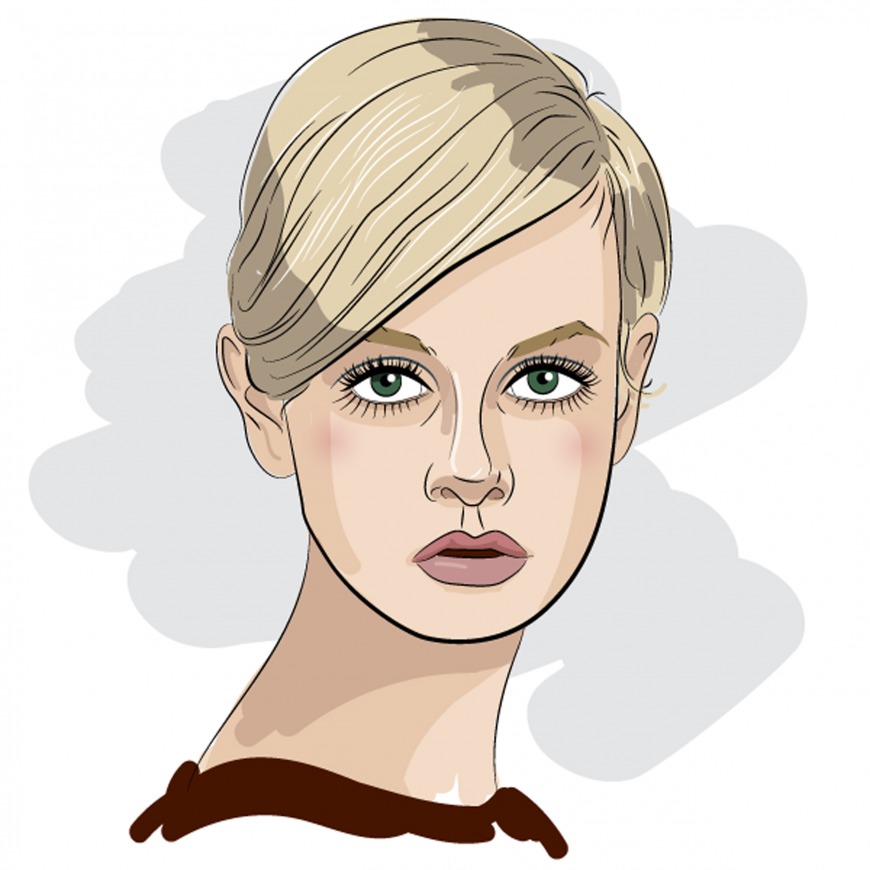
In the 1960s, false eyelashes were in their pomp, selling 20 million pairs a year. The super-est of supermodels Twiggy wore lashes on her upper and lower lids, fronting a new set of younger, more avant-garde fashionistas embracing painted lashes and stick-ons.
With the noted exclusion of Cher, fake lashes then started to fall away. 1970s make-up was more low-key with a focus on naturalistic beauty, while the 1980s embraced other trends, like heavy lipstick.
1990s
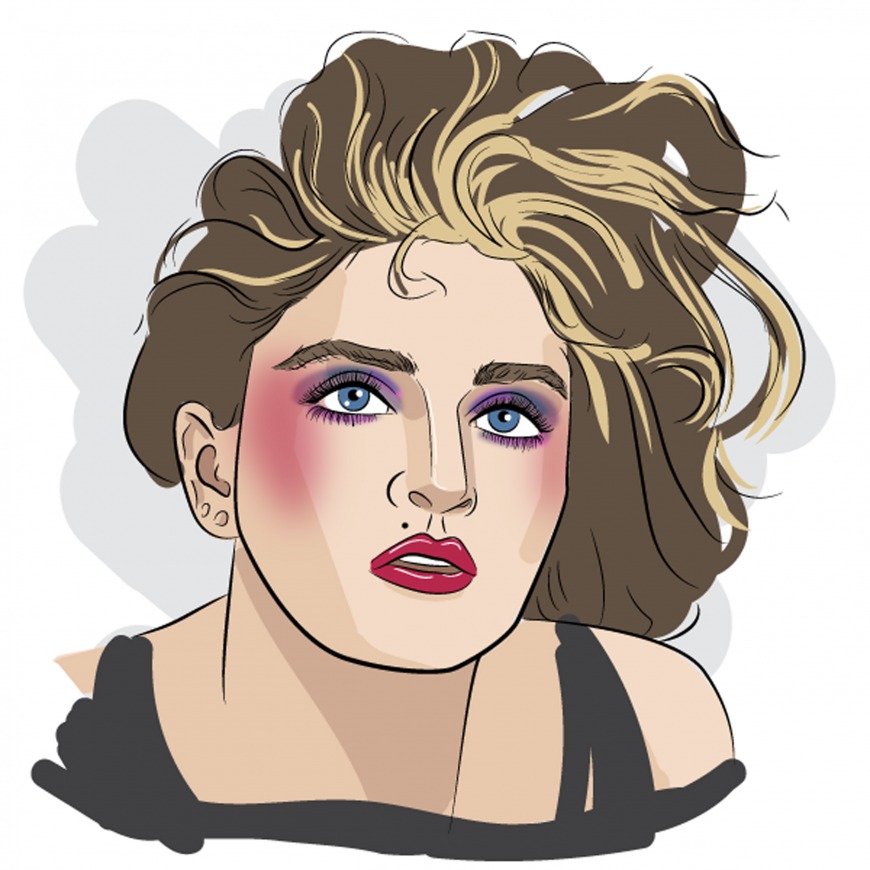
During the late-Eighties and early-Nineties, Madonna-inspired fan-lashes became the next big thing, with a broad splay and plenty of colour. Never far from the eyelash-related headlines, the Queen of Pop went on to make waves with a pair of $10,000, diamond-encrusted fake lashes in 2006.
The late-Nineties brought a minor resurgence of retro false lashes in the 1950s mould – think super-glam celebs like Pamela Anderson, Cindy Crawford, and Anna Nicole Smith.
Modern lashes
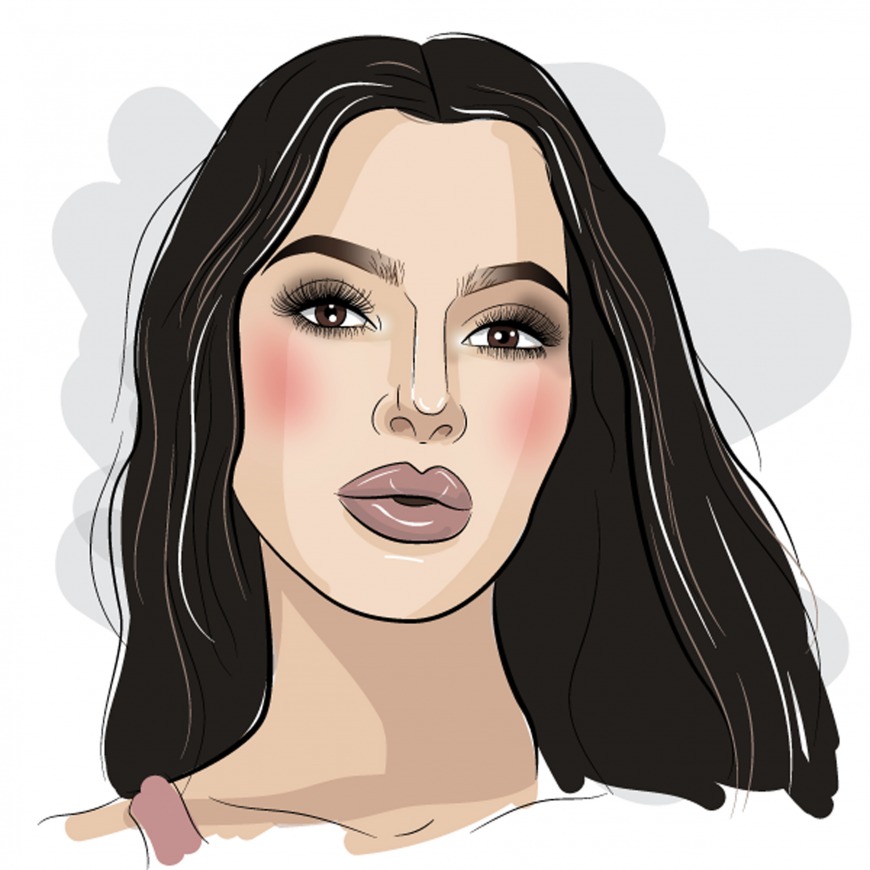
By the turn of century, eyelash tech was moving on apace. Apparently developed in Korea, new tech based on precise, individual strands remodelled the market once again in the early-Noughties. Eyelash fashion is now much more diverse and extensive than ever before, encompassing an endless supply of brands, colours, styles and materials.
Most of all, it’s much more comfortable.
Lashes of the future

Who knows what the future holds for cosmetics’ best-loved facial hair, but we may have already caught a glimpse. Since December 2016, the number of online searches for glow-in-the-dark LED lashes has apparently increased by 5800%.
There seems to be no limit to lash-based innovation. We await with bated breath the announcement of the latest smart device, the iLash.




.png?itok=HBSyMDok)









































































.png)

























.png?itok=0fOAXkOm)

























.png?itok=EH_x0Pha)

